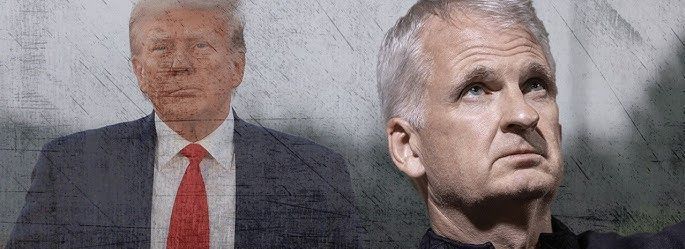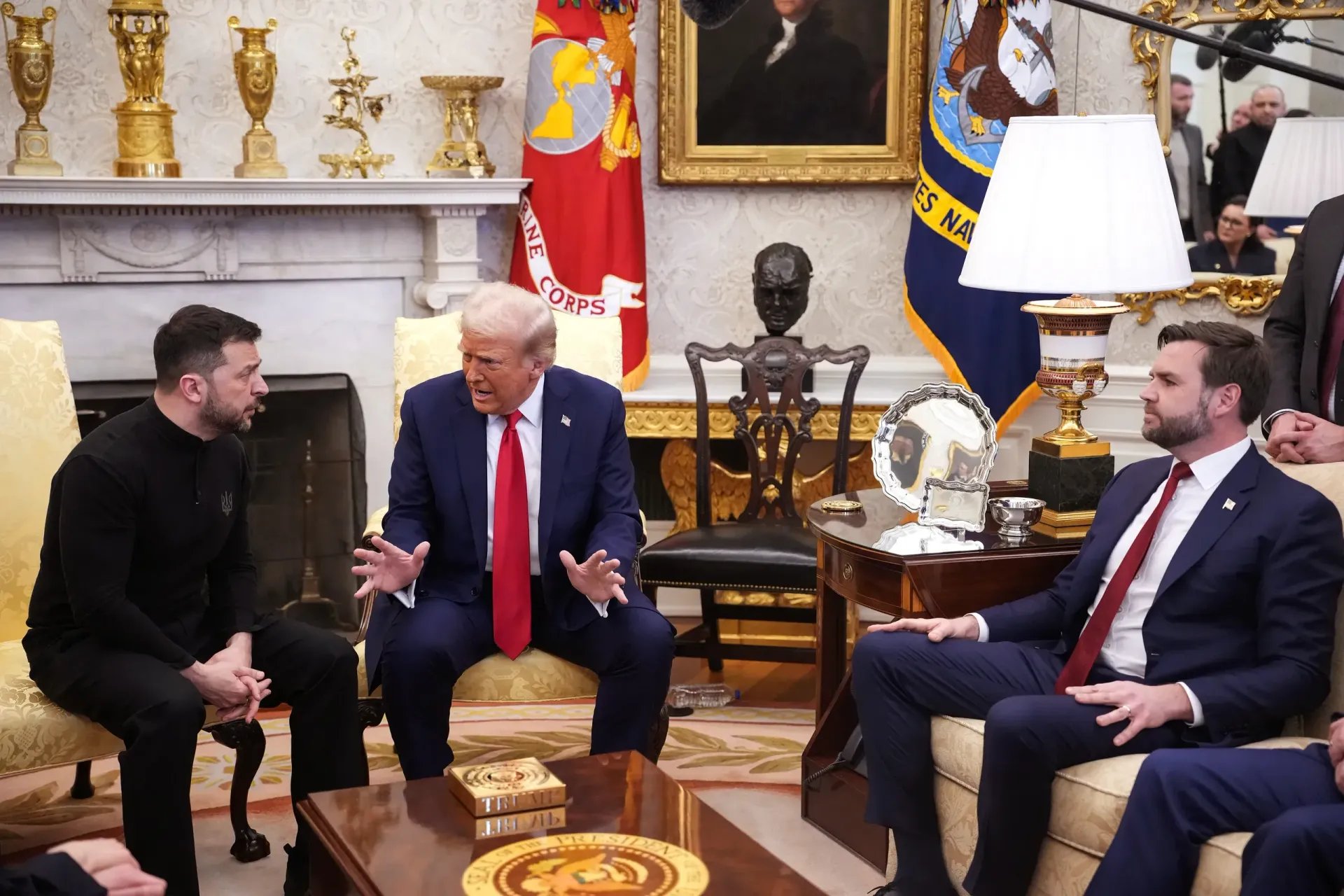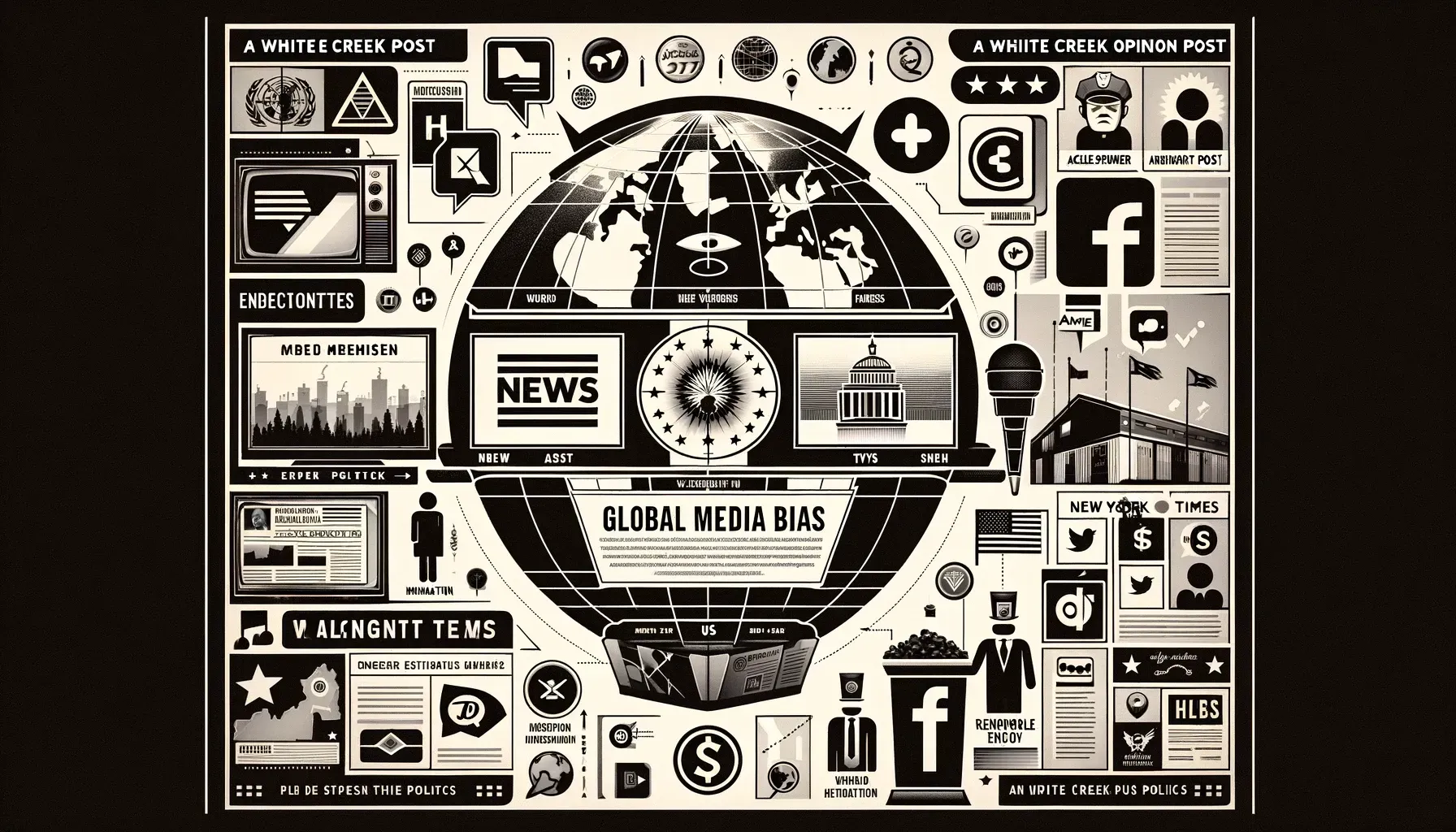US Politics | December, 2024
Post-Election America: Mandates, Resistance, and the Road Ahead
The reality check has finally settled, and the majority of Americans are moving on—happily or grudgingly accepting the results of the election. As Trump selects his Cabinet, various levels of “resistance” are emerging, from the political maneuvers of leaders like Schumer and Pelosi to the revolutionaries such as Joy Reid , the hosts of The View , and Bernie Sanders. Among the dissenters are also those seeking refuge, like Ellen DeGeneres and other Hollywood figures, while surprising voices such as John Fetterman have accepted the outcome of democracy. Ironically, many employing undemocratic tactics can themselves be labeled as part of the “real fascist camp,” including some in Hollywood.
While debates persist among Democrats about why they lost to what they perceive as “evil,” some blame "stupid voters." If Democrats believe IQ should determine voter eligibility, why not propose it alongside voter ID or verification? However, such a debate might disqualify figures like Joy Reid or the hosts of The View. For instance, Dana Milbank suggests that Trump haters grew tired of their own criticisms, while Sharon Stone , with her reported IQ of 154 , claims ignorance and lack of education played a role. Even so, the emotional intelligence of elites like Stone may sometimes falter. Meanwhile, George Clooney criticizes modern fascism while living in what he labels “Fascist Italy.”
The electoral vote gave Trump a mandate, regardless of disputes about the popular vote. He wasted no time forming a Cabinet filled with “doers” rather than talkers, reflecting his agenda. Progressive lawyers are expected to challenge decisions misaligned with their views, backed by funding from figures like Soros. Meanwhile, Schumer and Jeffries strategize silent resistance under the guise of cooperation. It remains to be seen whether the liberal press can recover from its overreach or if they will succumb to demagoguery. The resistance, fierce as ever, may even reignite movements like Antifa.
Topics for Trump’s first 100 days include the economy, border policies, and international relations. Domestically, cost-cutting measures targeting areas like DOGE are likely to dominate headlines. Government lawyers—some 44,000 of them —are reportedly moving to the private sector, creating new challenges. Immigration, particularly concerning unaccompanied children, will also be closely watched, with advocates ready to challenge policies protecting sanctuary cities. Critics label these defenders of criminal sanctuary policies as democracy advocates while accusing others of fascism.
The report noted that more than 291,000 unaccompanied migrant children had not, as of May 2024, received a notice to appear in court. Additionally, more than 32,000 unaccompanied migrant children received notices but failed to show up for hearings. These figures, from ICE, covered October 2018 to September 2023, during which 448,820 children were released to the Department of Health and Human Services.
Experts argue that calling roughly 300,000 children “lost” or “missing” is an exaggeration.
“This is not a ‘missing kids’ problem; it’s a ‘missing paperwork’ problem,” Jonathan Beier, associate director of research for the Acacia Center for Justice’s Unaccompanied Children Program, wrote in an email.
What’s next for Kamala Harris ? While she raised $1.5 billion for her campaign, critics question what it accomplished. Her future might parallel figures like Michelle Obama or Hillary Clinton, often remaining in the public eye yet carrying political baggage. Donors to her campaign, including dark money networks , may reconsider future investments.
Why wasn’t the economy front and center in the Biden campaign? Despite promises and acts, inflation was only part of the problem. Much of the labor market growth was a recovery from COVID, with many new government and healthcare jobs being low-paying. Green jobs and EV manufacturing fell short of expectations as infrastructure remained unprepared for mass adoption. As Harris spent billions on her campaign, the Biden administration burned through trillions—leaving little to show for it when measured against persistent poverty levels.
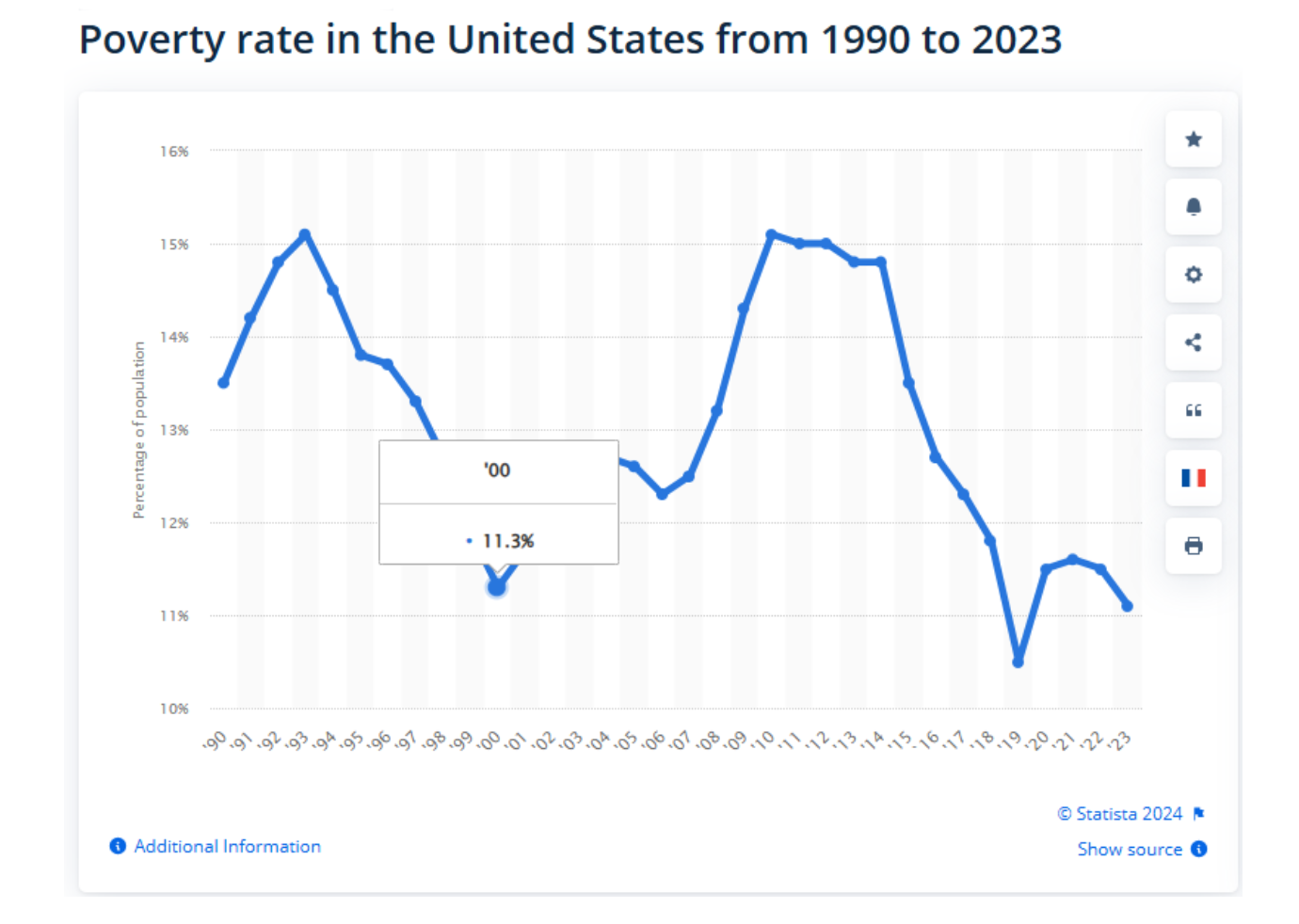
Trump's Cabinet is ready to move. Meet the team here , and it’s clear that things will happen quickly. Confirmation hearings may pose challenges for some appointees, like Tulsi Gabbard or Pete Hegseth, while Matt Gaetz, seeing the writing on the wall, is likely to resurface in a non-confirmation role. He will undoubtedly remain at the forefront of delivering on Trump’s agenda. As expected, neutral press assessments are scarce, with opinion pieces focusing on criticism rather than accomplishments. For a deeper dive into the media takes, check out Pete’s coverage or the discussion on Tulsi. (One might question why authors of such pieces still hold platforms.)
The X factor and the "crying democracy believers": Losing Democrats and celebrities continue to criticize X (formerly Twitter) for failing to enforce their guidelines, which often equate free speech with suppressing dissent. They might take a cue from corporate America, which is beginning to understand that DEI (Diversity, Equity, and Inclusion) often cultivates a “cult” rather than true fairness. Meanwhile, the former Twitter clique is attempting to reinvent itself through platforms like Bluesky , though its efforts may leave many “feeling blue.”
BRICS: Can President Trump unite the world? A G20 and BRICS summit could either strengthen the dollar or deepen global divides. Achieving global unity likely hinges on avoiding wars and fostering strategic resource independence. Diplomacy, balanced power, and equitable trade agreements—avoiding dependencies like Taiwan for chips or China for solar—are essential. Interestingly, Europe has long used tariffs to equalize economic differences. Expect sparring between European Commission President Ursula von der Leyen and Trump over trade policies. Former Trump administration officials have already warned the EU to prepare for tariff increases and direct negotiations with individual European capitals.
“President Trump repeatedly discussed a baseline tariff on all imports during his campaign,” said Kelly Ann Shaw, former deputy assistant to the president for international economic affairs. “With his election victory, the team feels they have a mandate to pursue this approach.” The focus, according to Shaw, is on addressing tariff disparities and pushing for reciprocal trade rates from partners like Europe.
Trump's transition: Reflecting on what people said during his first transition , one wonders if the same optimism will prevail in 2024. Perhaps it serves as encouragement that transformation and adaptation are possible at any stage of life.
The anti-Trump movement's irrelevance: Figures like Liz Cheney and projects like the Lincoln Project have faded into obscurity. Like Harris’s campaign, the movement had “leaders” but few followers. Americans, tired of warmongering, increasingly prioritize peace. Even former CIA leaders like John Brennan and James Clapper are silent, while John Bolton—always ready to propose a war—is more likely to debate wardrobe choices than policy.
Former national security adviser John Bolton criticized Trump's nomination of Kash Patel for FBI director, comparing it to Stalin’s era. Bolton's statement was shared by NBC's Kristin Welker on X.
The credibility gap: President Biden’s pardon of Hunter Biden reflects not just fatherly love but a troubling pattern of power abuse. Pardoning Hunter shields him from accountability for financial dealings tied to Joe Biden’s time as vice president. Despite riding Air Force One with no official role, Hunter faces no significant consequences. Meanwhile, Democratic justification of such actions only worsens the party’s credibility issues.
DOGE and accountability: The Department of Defense’s oversight gaps raise questions about accountability. A recent audit revealed inadequate documentation for $1.1 billion in disbursements. Perhaps it’s time to audit political spending, too. The Harris campaign spent $1.5 billion in four months on questionable expenses like $15 million for “event production,” $4 million on private jets, and $1 million to Oprah’s company.
“I think this disqualifies her forever,” said donor John Morgan. “If you can’t run a campaign, you can’t run America.”
Meanwhile, figures like Michael Moore stay vocal, while others like Mark Zuckerberg attempt to adapt to the changing political landscape. As for celebrities threatening to leave the U.S., few follow through.
Is California special or simply losing its way? Governor Newsom’s special session to counter Trump policies highlights its increasingly partisan approach. Despite leading in tech and entertainment, California struggles with homelessness, a rising exodus, and governance that some compare to authoritarian regimes.
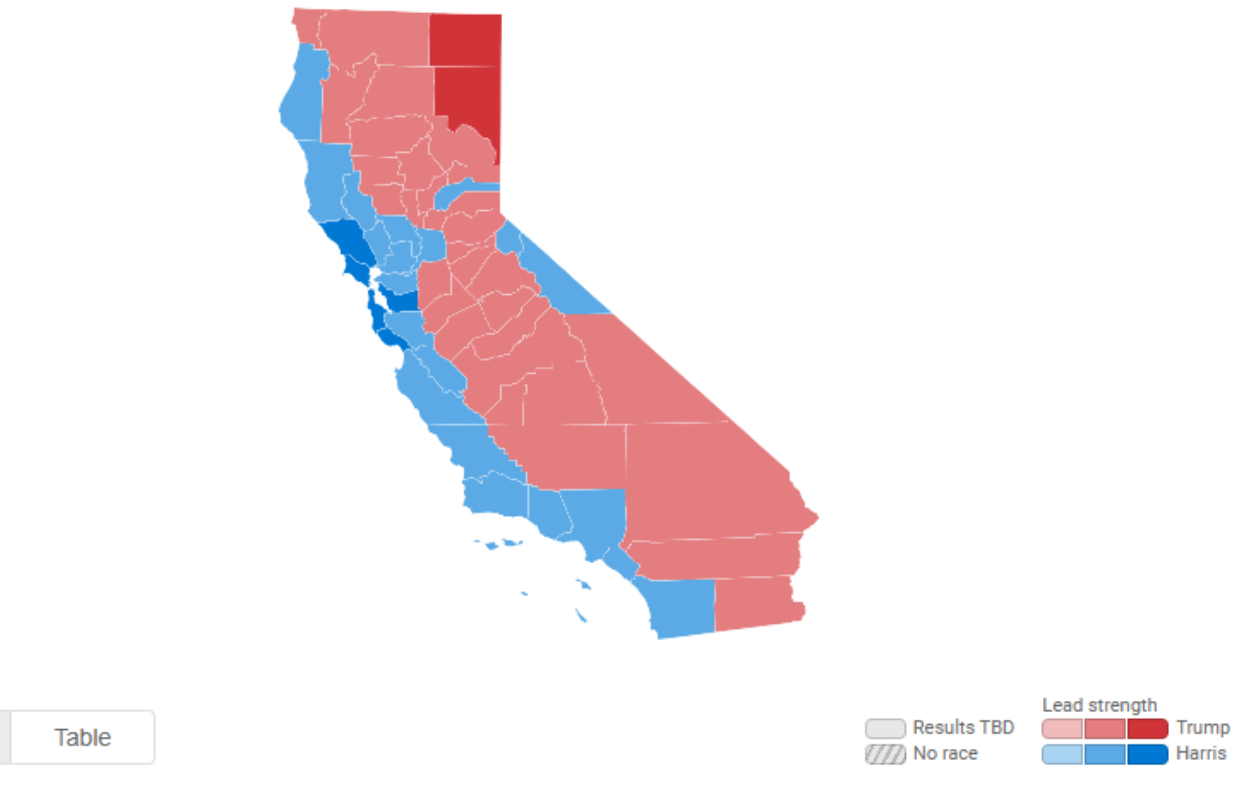
Just in time - US Manufacturing is a bit in a recovery mode, still not above the 50% mark but improving. The best indicator for the high paying jobs. You may have to wait well into 2025 to see the economy booming for all people again.
S&P Global’s U.S. Manufacturing PMI,
released on Dec. 2, painted a similar picture of a manufacturing sector that remains in contraction, although with signs of improvement. The headline manufacturing index edged up to 49.7 from 48.5 in October, reflecting a slower pace of decline as demand conditions improved. While the ISM report showed new orders expanding, the S&P Global data indicated a contraction, albeit slight, with both reports pointing to stronger demand.

